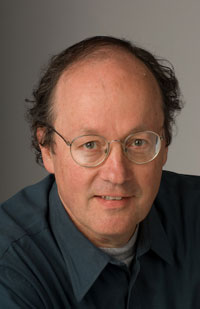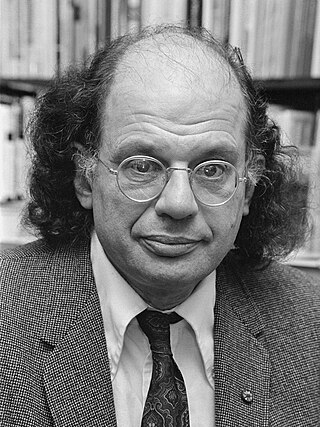
Irwin Allen Ginsberg was an American poet and writer. As a student at Columbia University in the 1940s, he began friendships with Lucien Carr, William S. Burroughs and Jack Kerouac, forming the core of the Beat Generation. He vigorously opposed militarism, economic materialism, and sexual repression, and he embodied various aspects of this counterculture with his views on drugs, sex, multiculturalism, hostility to bureaucracy, and openness to Eastern religions.

Abbot Howard Hoffman was an American political and social activist who co-founded the Youth International Party ("Yippies") and was a member of the Chicago Seven. He was also a leading proponent of the Flower Power movement.
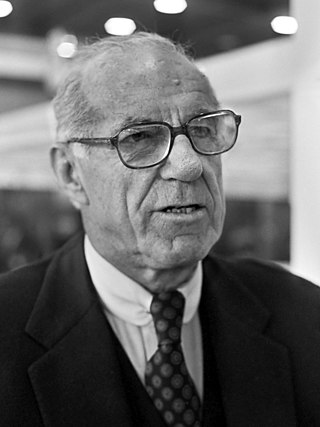
Benjamin McLane Spock, widely known as Dr. Spock, was an American pediatrician and left-wing political activist. His book Baby and Child Care (1946) is one of the best-selling books of the 20th century, selling 500,000 copies in the six months after its initial publication and 50 million by the time of Spock's death in 1998. The book's premise told mothers, "You know more than you think you do." Dr. Spock was widely regarded as a trusted source for parenting advice in his generation.
Schenck v. United States, 249 U.S. 47 (1919), was a landmark decision of the U.S. Supreme Court concerning enforcement of the Espionage Act of 1917 during World War I. A unanimous Supreme Court, in an opinion by Justice Oliver Wendell Holmes Jr., concluded that Charles Schenck and other defendants, who distributed flyers to draft-age men urging resistance to induction, could be convicted of an attempt to obstruct the draft, a criminal offense. The First Amendment did not protect Schenck from prosecution, even though, "in many places and in ordinary times, the defendants, in saying all that was said in the circular, would have been within their constitutional rights. But the character of every act depends upon the circumstances in which it is done." In this case, Holmes said, "the words used are used in such circumstances and are of such a nature as to create a clear and present danger that they will bring about the substantive evils that Congress has a right to prevent." Therefore, Schenck could be punished.
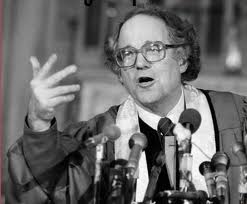
William Sloane Coffin Jr. was an American Christian clergyman and long-time peace activist. He was ordained in the Presbyterian Church, and later received ministerial standing in the United Church of Christ. In his younger days he was an athlete, a talented pianist, a CIA officer, and later chaplain of Yale University, where the influence of H. Richard Niebuhr's social philosophy led him to become a leader in the civil rights movement and peace movements of the 1960s and 1970s. He also was a member of the secret society Skull and Bones. He went on to serve as senior minister at Riverside Church in New York City and President of SANE/Freeze, the nation's largest peace and social justice group, and prominently opposed United States military interventions in conflicts, from the Vietnam War to the Iraq War. He was also an ardent supporter of gay rights.

Thomas Emmet Hayden was an American social and political activist, author, and politician. Hayden was best known for his role as an anti-war, civil rights, and intellectual activist in the 1960s, becoming an influential figure in the rise of the New Left. As a leader of the leftist organization Students for a Democratic Society, he wrote the Port Huron Statement, helped lead protests at the 1968 Democratic National Convention, and stood trial in the resulting "Chicago Seven" case.
Abrams v. United States, 250 U.S. 616 (1919), was a decision by the Supreme Court of the United States upholding the criminal arrests of several defendants under the Sedition Act of 1918, which was an amendment to the Espionage Act of 1917. The law made it a criminal offense to criticize the production of war materiel with intent to hinder the progress of American military efforts.
Debs v. United States, 249 U.S. 211 (1919), was a United States Supreme Court decision, relevant for US labor law and constitutional law, that upheld the Espionage Act of 1917.
Staughton Craig Lynd was an American political activist, author, and lawyer. His involvement in social justice causes brought him into contact with some of the nation's most influential activists, including Howard Zinn, Tom Hayden, A. J. Muste, and David Dellinger.

Zechariah Chafee Jr. was an American judicial philosopher and civil rights advocate, described as "possibly the most important First Amendment scholar of the first half of the twentieth century" by Richard Primus. Chafee's avid defense of freedom of speech led to Senator Joseph McCarthy calling him "dangerous" to America.
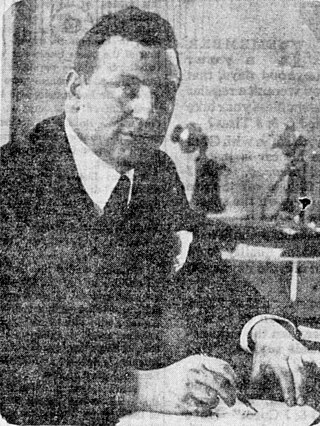
Francis Joseph William Ford was a United States district judge of the United States District Court for the District of Massachusetts.
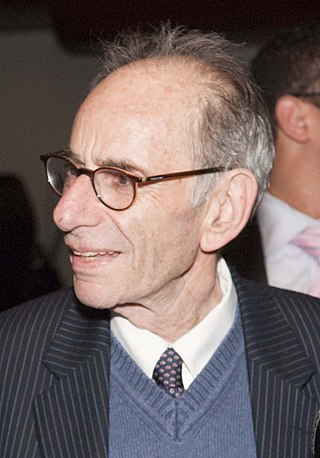
Marcus Goodman Raskin was an American progressive social critic, political activist, author, and philosopher. He was the co-founder, with Richard Barnet, of the progressive think tank the Institute for Policy Studies in Washington, DC. He was also a professor of public policy at The George Washington University’s School of Public Policy and Public Administration.

Liberation was a 20th-century pacifist journal published 1956 through 1977 in the United States. A bimonthly and later a monthly, the magazine identified in the 1960s with the New Left.
Mitchell Goodman was an American writer, teacher, and activist. He is best known for his role in the Vietnam draft resistance movement, which drew the high-profile 1968 federal prosecution of the "Boston Five."
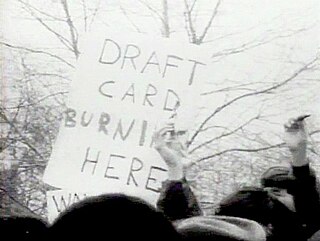
Draft-card burning was a symbol of protest performed by thousands of young men in the United States and Australia in the 1960s and early 1970s as part of the anti-war movement. The first draft-card burners were American men participating in the opposition to United States involvement in the Vietnam War. The first well-publicized protest was in December 1963, with a 22-year-old conscientious objector, Gene Keyes, setting fire to his card on Christmas Day in Champaign, Illinois. In May 1964, a larger demonstration, with about 50 people in Union Square, New York, was organized by the War Resisters League chaired by David McReynolds.

Gary Eugene Rader was an American Army Reservist known for burning his draft card in protest of the Vietnam War, while wearing his U.S. Army Special Forces uniform. Afterward, he engaged in anti-war activism.
RESIST is a philanthropic non-profit organization based out of Boston, Massachusetts. It has provided grants to grassroots activist organizations around the country since its inception in 1967 as a result of the anti-war proclamation "A Call to Resist Illegitimate Authority".
Hess v. Indiana, 414 U.S. 105 (1973), was a United States Supreme Court case involving the First Amendment that reaffirmed and clarified the imminent lawless action test first articulated in Brandenburg v. Ohio (1969). Hess is still cited by courts to protect speech threatening future lawless action.
Allan Robert Rosenberg was a 20th-century American labor lawyer and civil servant, accused as a Soviet spy by Elizabeth Bentley and listed under Party name "Roy, code names "Roza" in the VENONA Papers and code name "Sid" in the Vasilliev Papers; he also defended Dr. Benjamin Spock.
Putnam, Bell & Russell is a law office in Marblehead, Massachusetts, which was "one of the first law offices in Boston" and once represented the American Telephone and Telegraph Company when its headquarters were on Boston.
